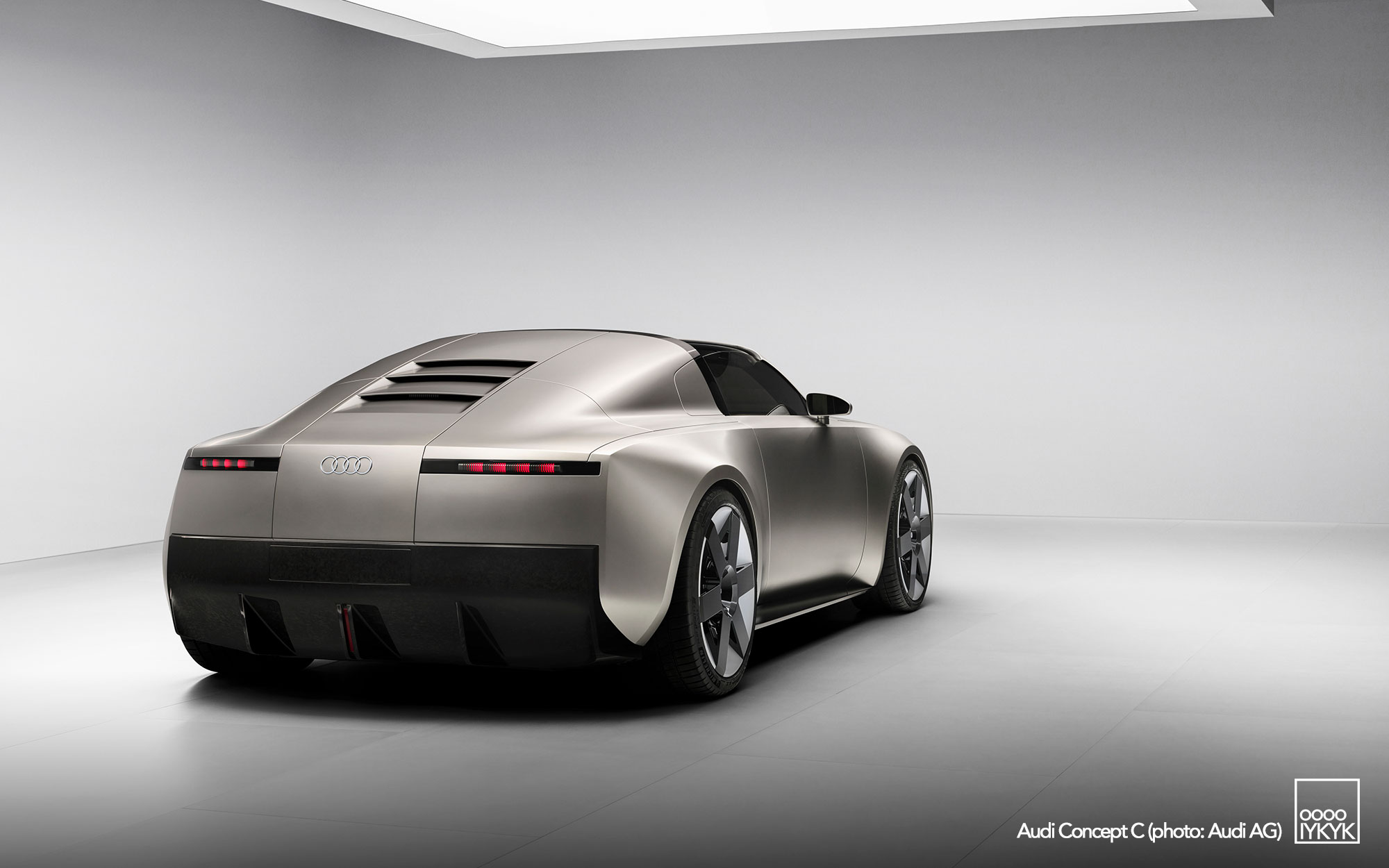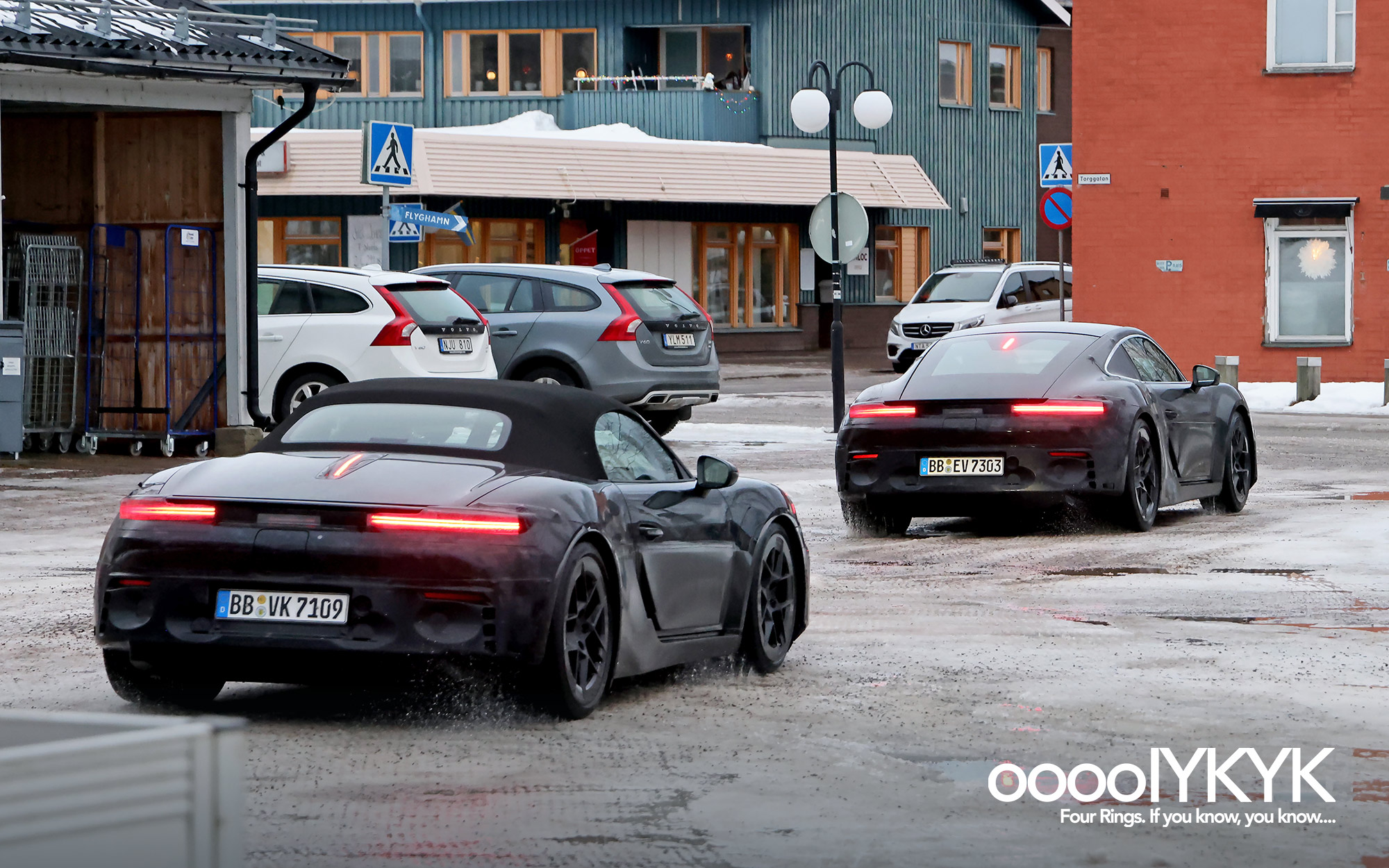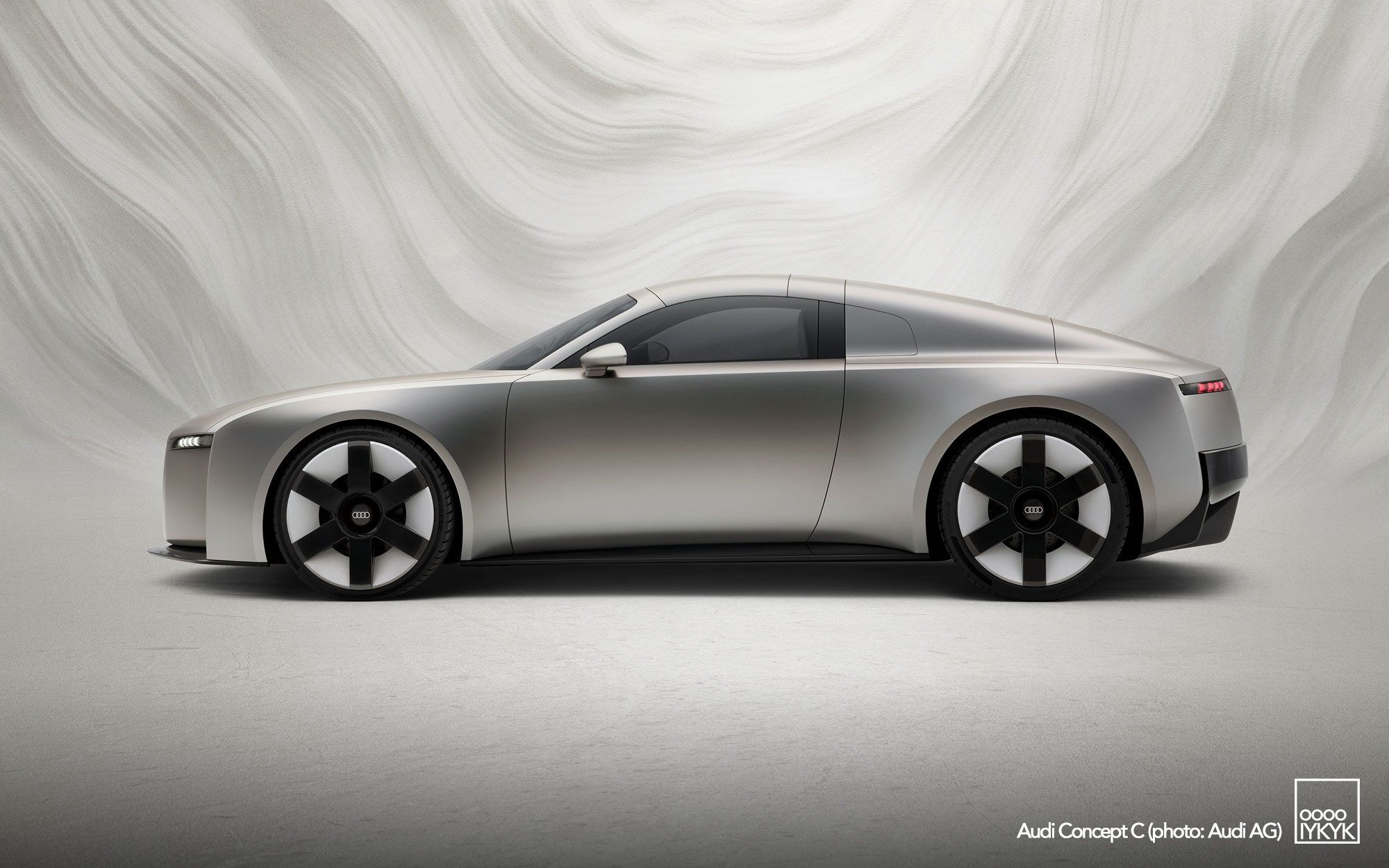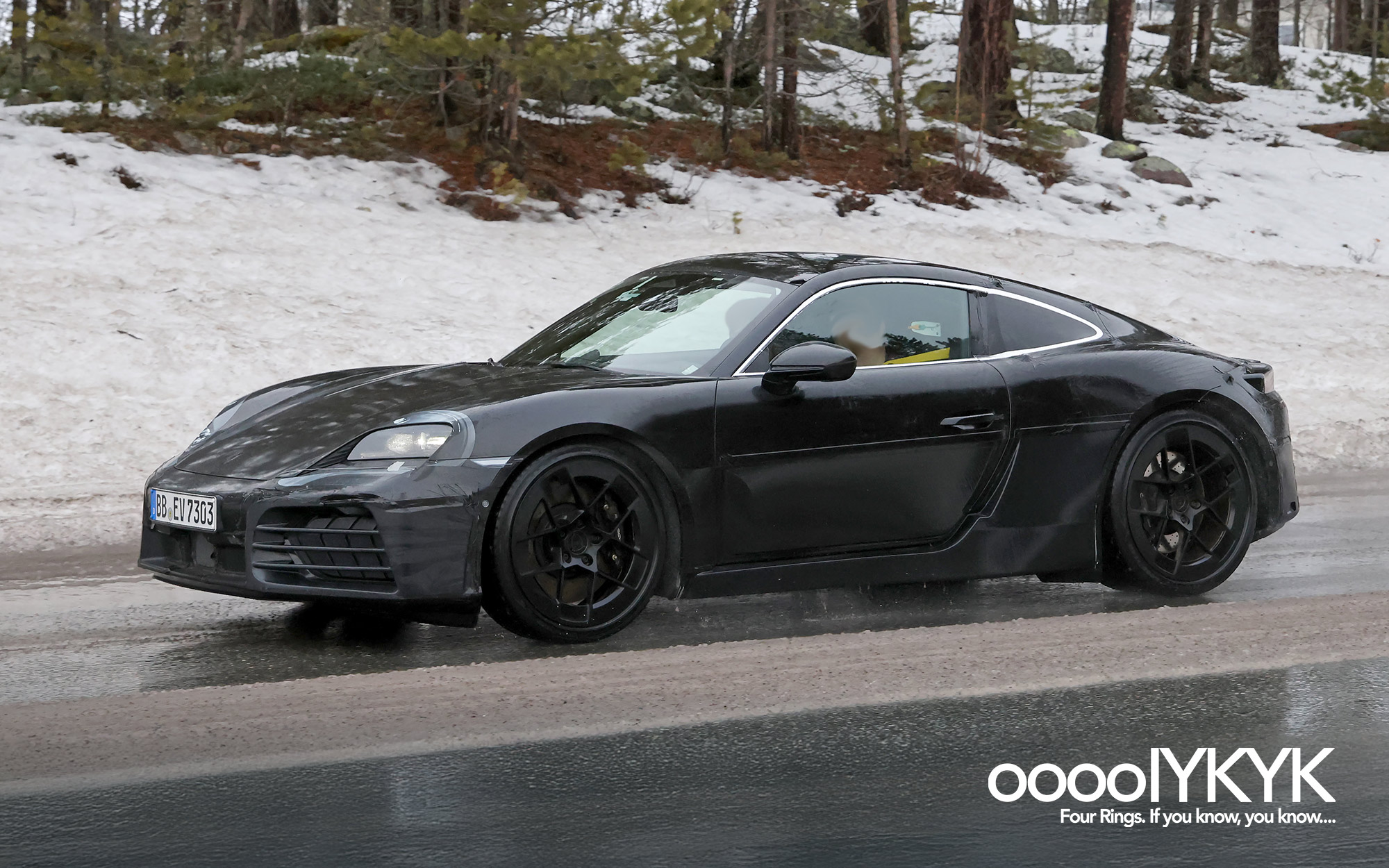For years, the industry message has been clear: the future is electric. But Porsche’s recent decision to reintroduce gasoline engines in its 718 Boxster and Cayman lineup — once planned as EV-only — shows how quickly that certainty can unravel. Reports from Car and Driver, The Autopian, and others confirm the pivot: Porsche will sell gas-powered 718s alongside their EV counterparts, at least in top-spec trims.
The reason? Demand for EVs hasn’t accelerated at the pace OEMs predicted. Buyers in key markets still want the visceral experience of combustion engines. And developing EVs that match the lightweight, agile spirit of Porsche’s mid-engine cars has proven harder — and more expensive — than anticipated.

AUDI’S DIFFERENT TUNE
By contrast, Audi CEO Gernot Döllner has been vocal in his support of EVs, calling them “simply the better technology.” He has gone so far as to call loosening Europe’s 2035 combustion ban “counterproductive,” while affirming that Audi will continue pushing electric first, even if ICE and plug-in hybrids stick around for “seven, eight, maybe ten years” (Motor1).
Audi is betting big on EVs like the upcoming Concept C sports car, due around 2027, which Döllner has already promised will be production-bound. Unlike Porsche, there doesn’t appear to be second-guessing the EV-only approach… at least not yet.

THE PLATFORM QUESTION
But here’s the twist: Porsche’s upcoming 718 and Audi’s future sports cars are expected to share an EV platform that houses the weight such as batteries and electric motor behind the occupants. This might make it more readily compatible with both EV and ICE drivetrains given it’s not a traditional “skateboard” chassis. If Porsche is preparing ICE-capable versions of the new 718 on this architecture, it raises an obvious question: could Audi’s next-generation sports cars — including the Concept C or future TT/R8 spiritual successors — also be engineered for both EV and ICE?
If so, it would give Audi the flexibility to adjust strategy as markets demand. Today’s unwavering EV push could box Ingolstadt in tomorrow if buyer sentiment shifts, as Porsche has already discovered.
Of course, one would assume any ICE Porsche 718 of this type would use boxer engine block configuration. If Audi did pivot as Porsche appears to be doing, then would a boxer fit the Audi brand? This is a niche car, so while fantasies of a 5-cylinder turbo fitted within are certainly captivating, it’s also harder to see where this would be as much a viable business case as it would be a labor of love. Also, the current 718 has a longitudinally mounted engine whereas all production applications of the 2.5 TFSI thus far have been transverse.

PUTTING IT IN PERSPCTIVE
The A4 e-tron, Concept C, and other upcoming Audi EVs will define the brand’s next decade. But Porsche’s course correction suggests that betting everything on EVs — especially in the performance sector — may not be wise. If Porsche can hedge its bets by keeping gas alive in the 718, should Audi be doing the same?
It’s one thing to say EVs are “better technology.” It’s another to ignore what customers are actually buying. Porsche seems to have realized that the romance of their engines pays the bills in certain parts of their lineup. Audi’s enthusiasts — many of whom still revere the five-cylinder and naturally aspirated V10 — may be hoping someone in Ingolstadt is watching closely.


